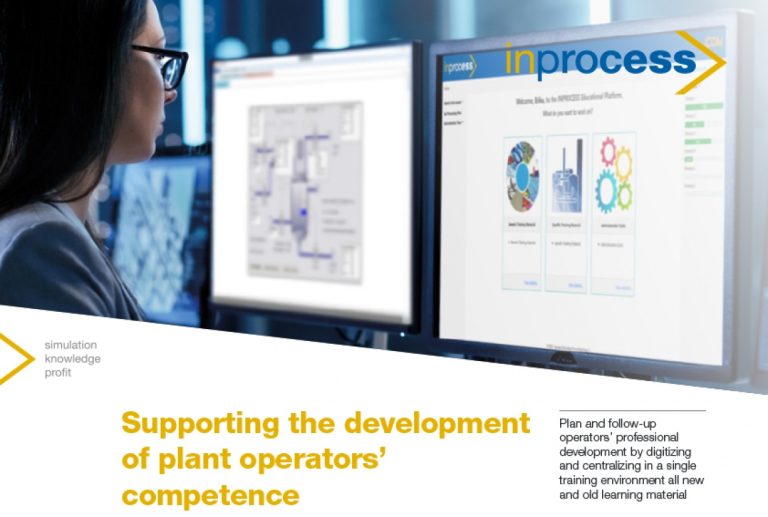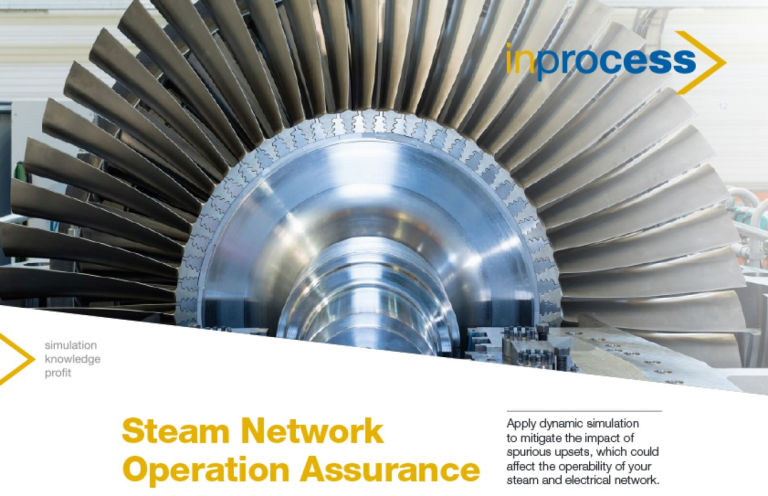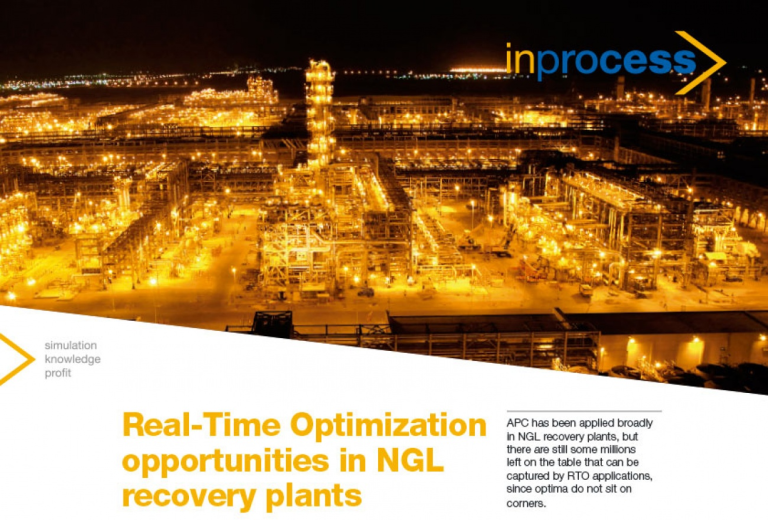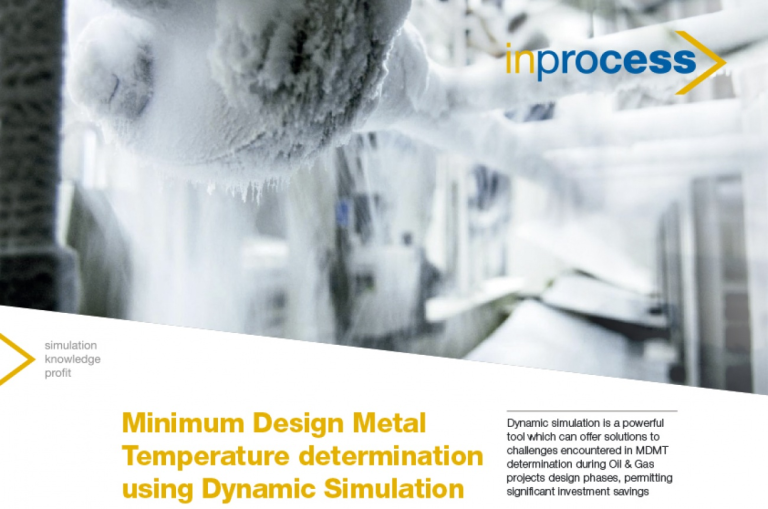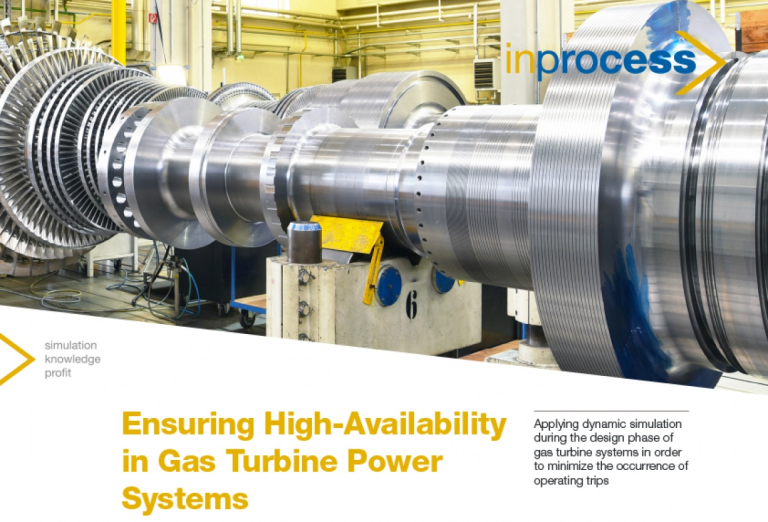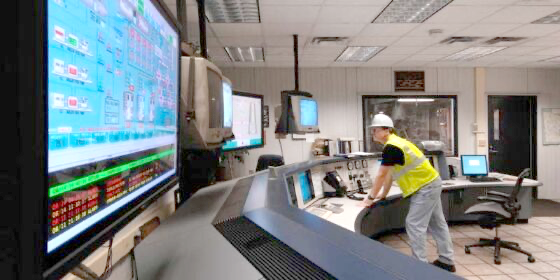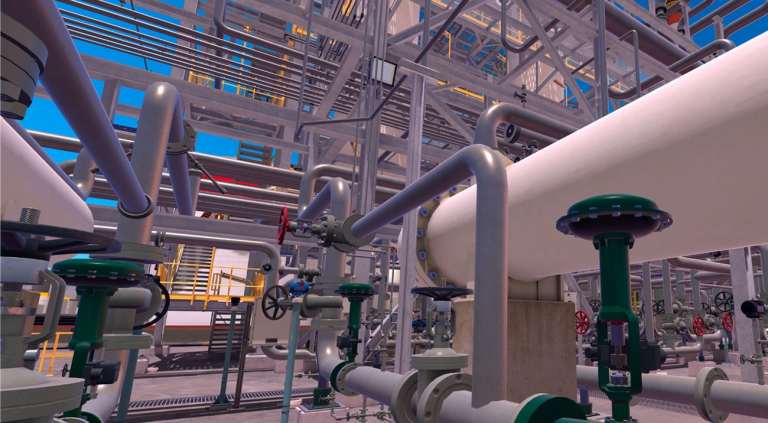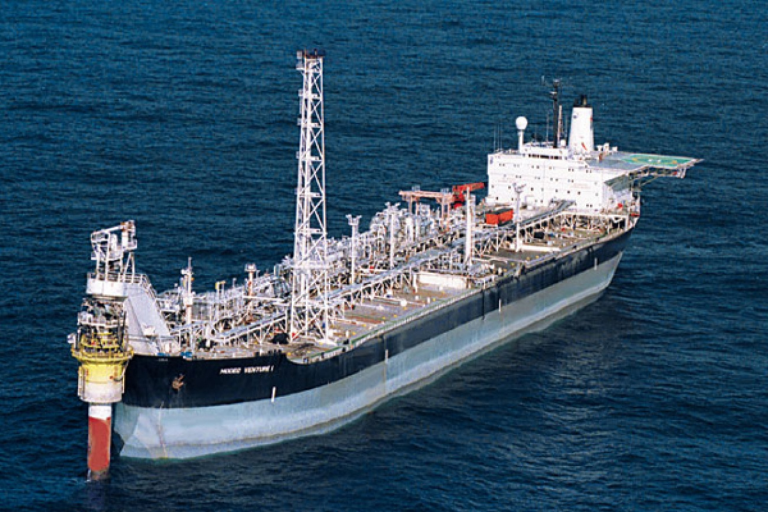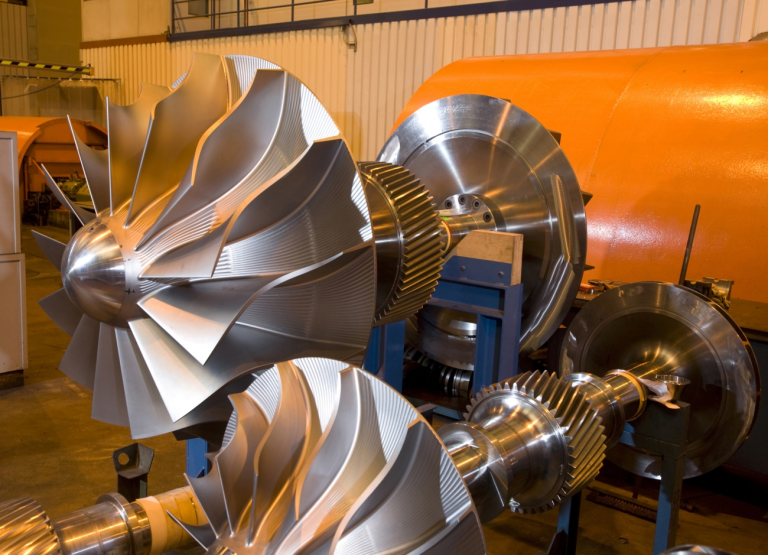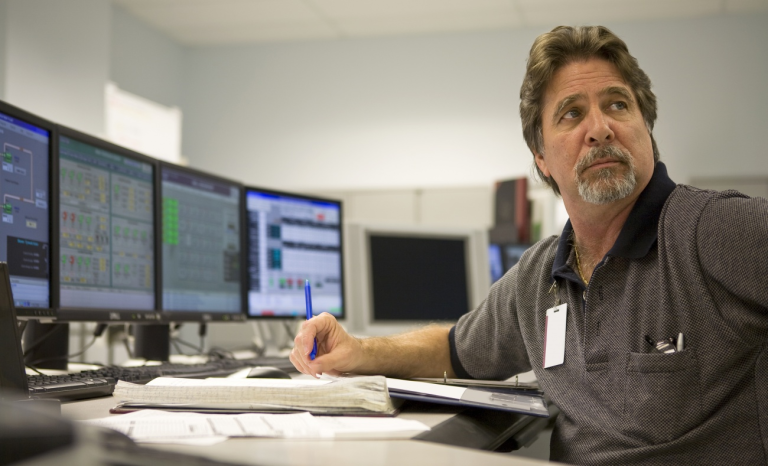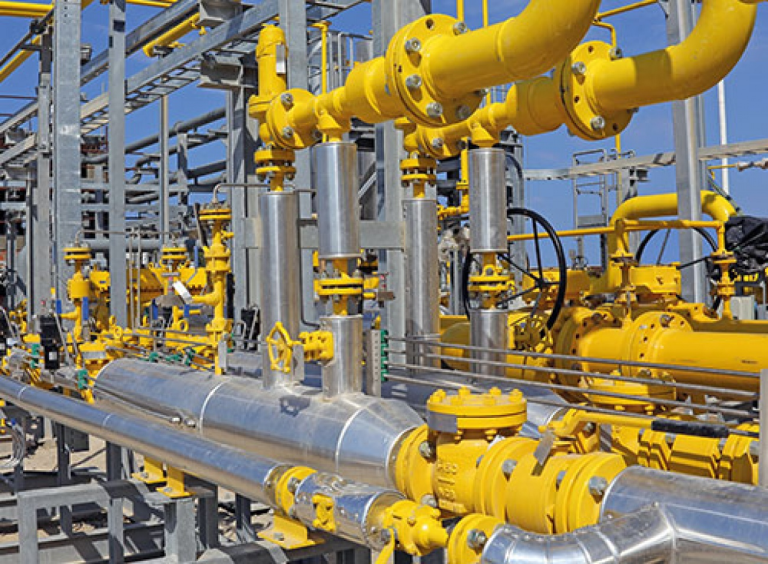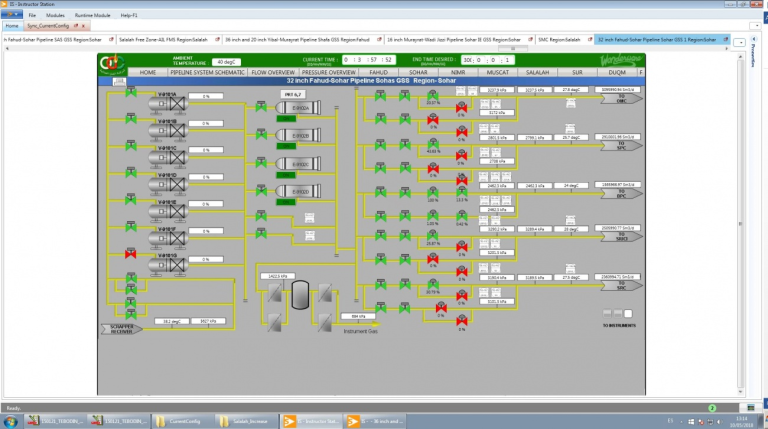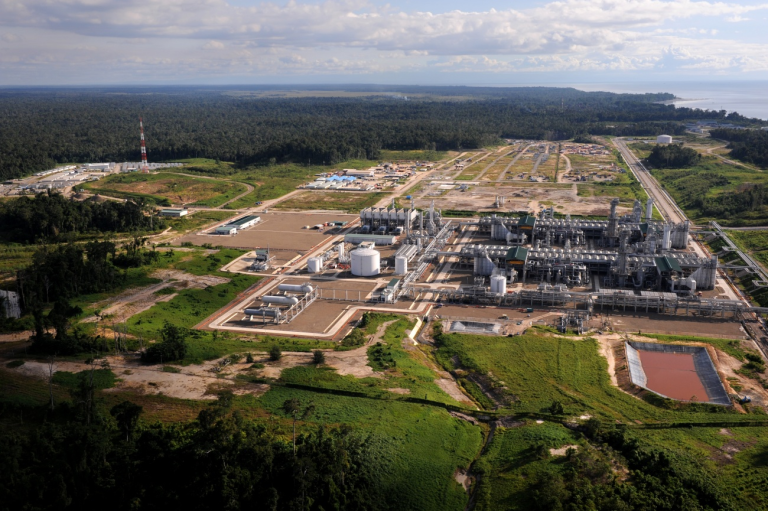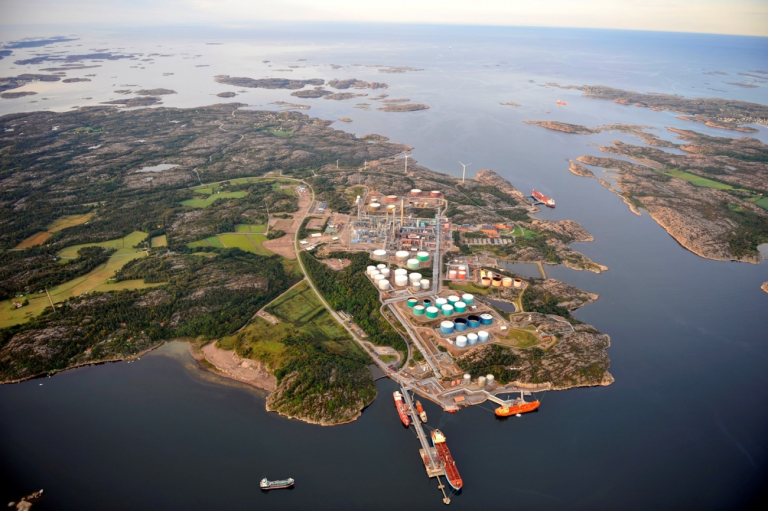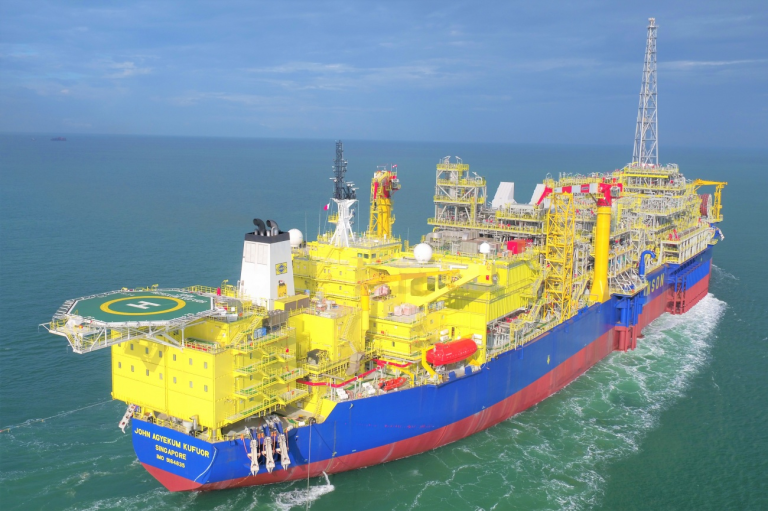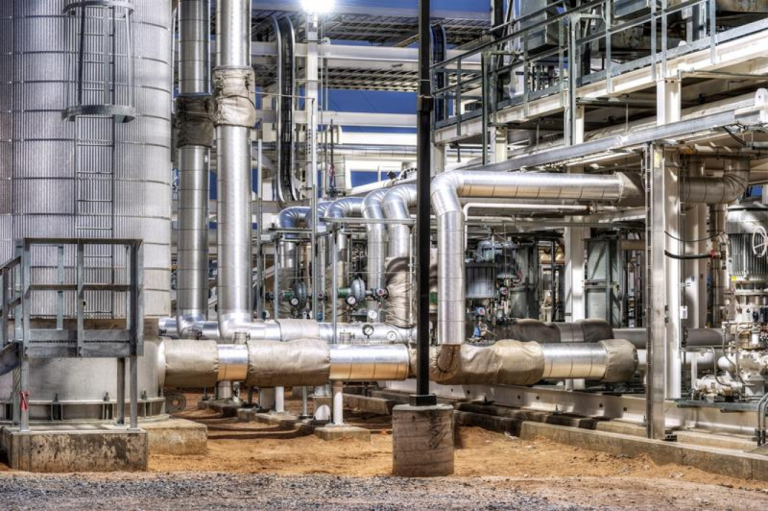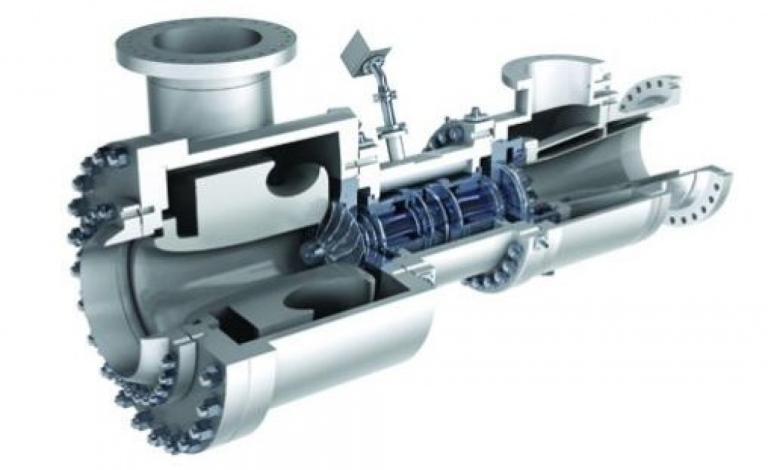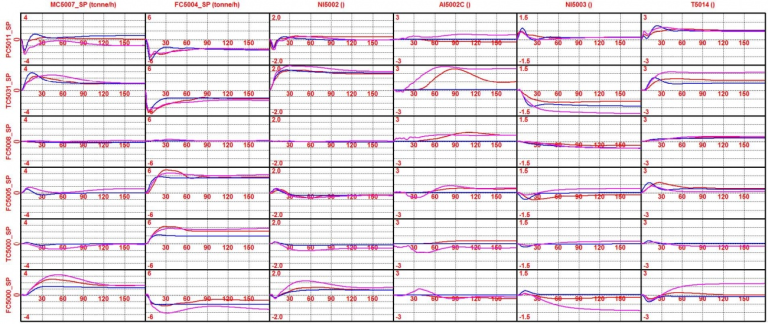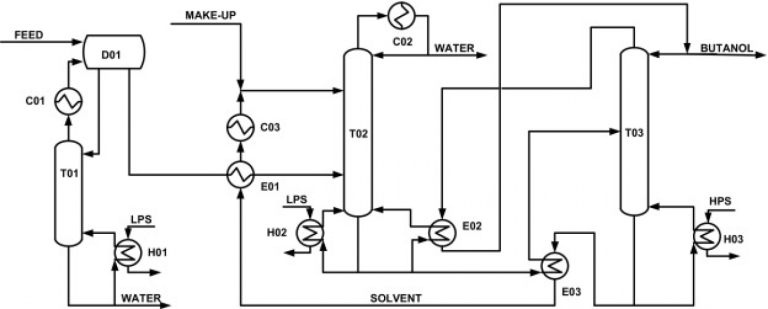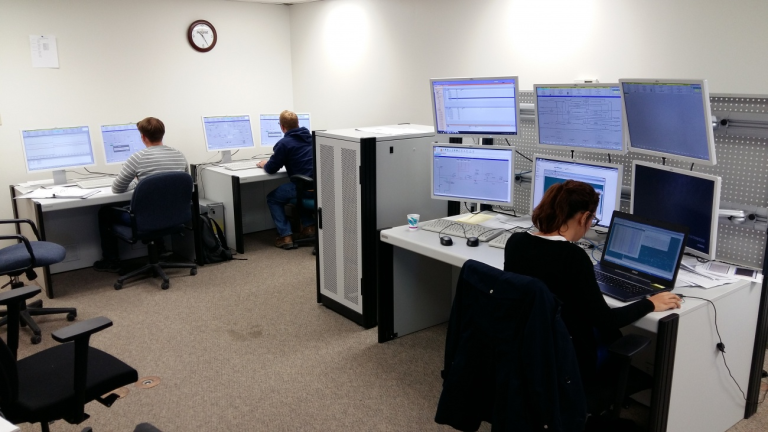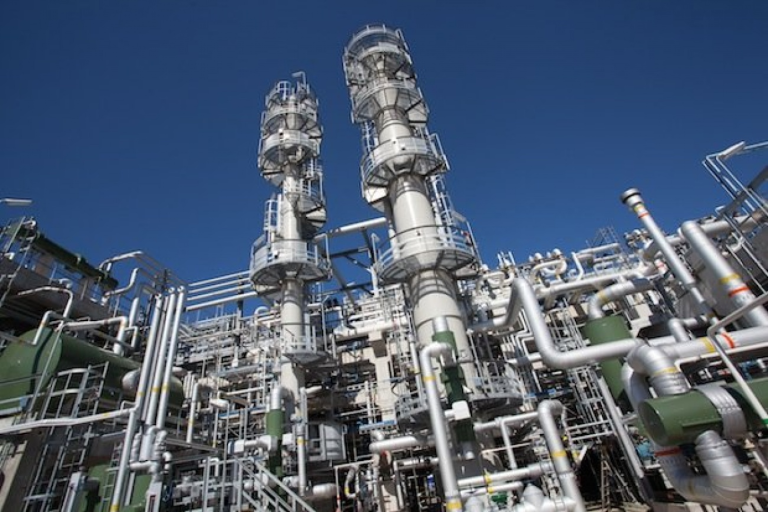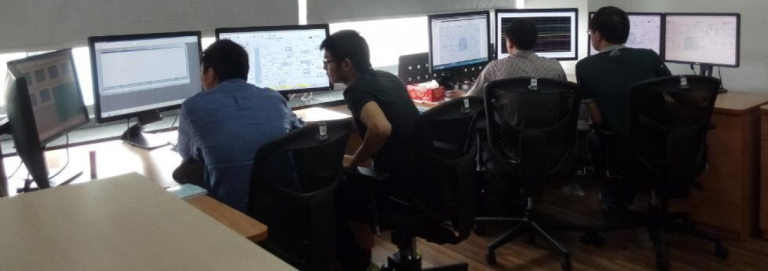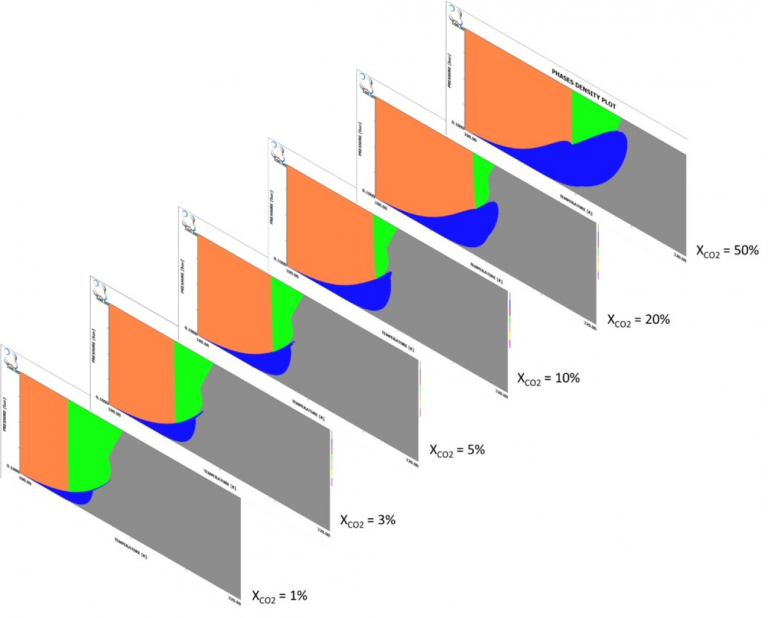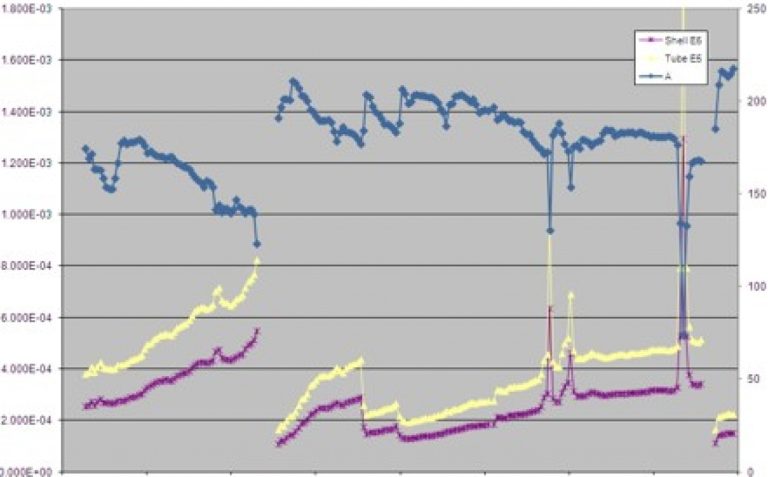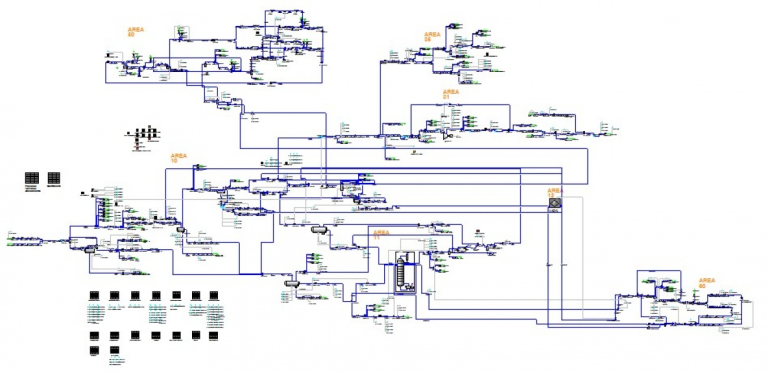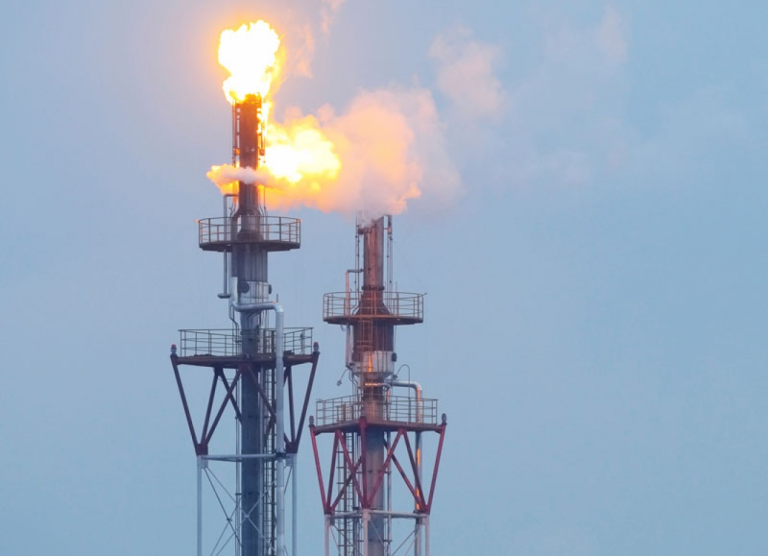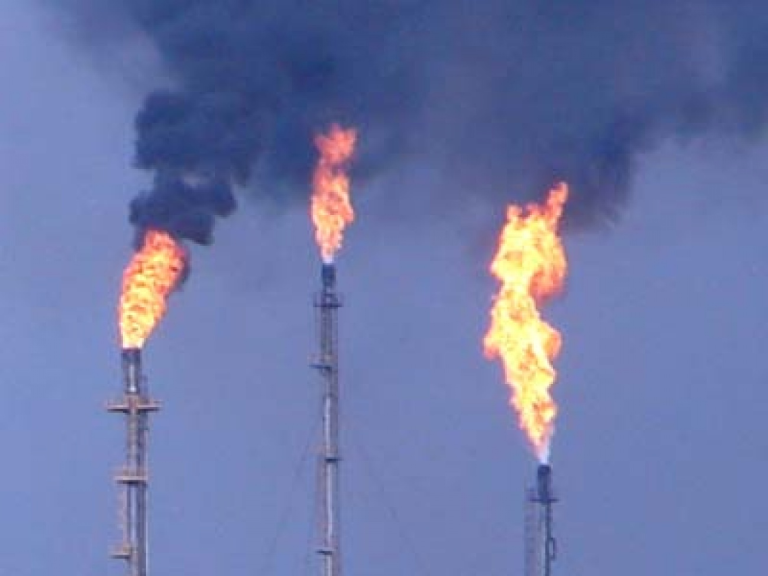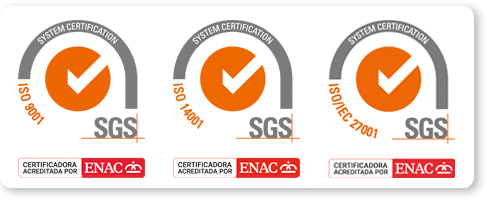Inprocess’ Success Stories
Inprocess has been carrying out process simulation projects and training programs for the major operating companies in the Oil & Gas and Refining market segments (BP, ENI, CEPSA, ConocoPhillips, Wintershall, Tupras, PDO, Yinson, Repsol, Yasref, Saudi Aramco, Bayernoil, Tullow Oil, Total, NPCC, ADNOC, YPFB, CNRL, etc.), major EPC and Process Licensor companies (Saipem, Amec Foster-Wheeler, Tecnimont, Technip, Aker Solutions, Técnicas Reunidas, Linde, Espindesa, Hyundai, Mustang, Modec, SBM, Sener, Idom, Haldor Topsoe, etc.), several Petrochemical / Chemical companies (LyondelBasell, BASF, UBE Chemical, Sadara, Sabic, Borealis, Simplot, etc.), some Instrumentation Providers (Honeywell, Siemens, CCC, etc.) and different Compressor Manufacturers including Nuovo Pignone (GE Oil&Gas), MAN Turbo, Siemens and Atlas Copco.
Inprocess has solved the problems of such clients by applying its process simulation expertise. It is often beneficial to look outside one’s own industry to draw on the experience of others. This is why in this section you will find our most recent success stories, classified by the type of industry where we implemented our solutions. Don’t hesitate to request more information if needed.
Most recent success stories:






